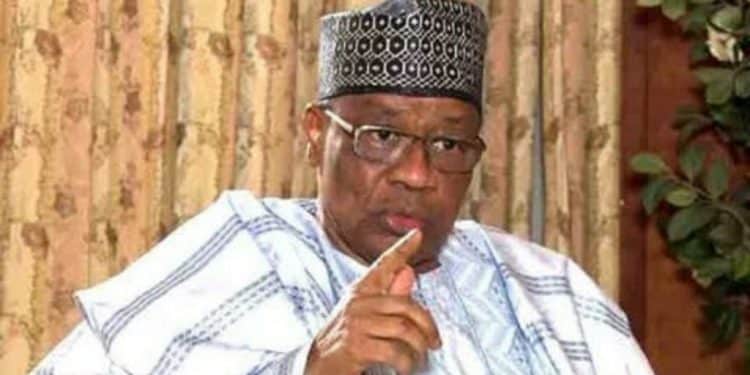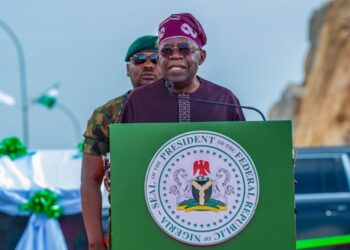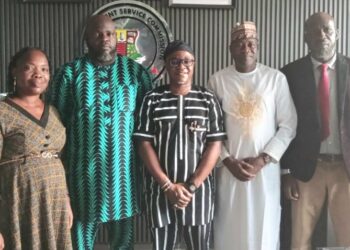FORMER Military President, Ibrahim Badamosi Babangida (IBB) said on Friday night that the fact that “we have been able to remain one as a country despite our challenges is our greatest achievement.”
He added that “We tend to talk much about the problems, not the solutions. We have a country and must make it work.”
General Babangida said on Channels Television last night that his memoirs was taking him much time to write because he wanted to do a thorough job of it.
He disclosed that he was particularly meticulous to get his facts right so that he would not end up fighting libel suits once the book is published.
“I am scared of somebody suing me to court to say that I libelled somebody or that I misrepresented somebody and I will spend five years going to court,” Babangida said.
When the anchor told him about what his friends said about him (Babangida) being bound by the oath of secrecy to keep some issues to himself, he swiftly responded: “Don’t forget, not only in Nigeria but throughout the world, for a certain number of years beyond which anybody will punish you for opening the secret because you have passed certain limitation period.
“It (memoirs) will come but if it doesn’t come my children will go into the classroom and make research. Everything that will need research about us we have it in abundance. I know that General Obasanjo has a library that is very rich.
Reminded about the statement made by the late Chinua Achebe that whoever disagrees with his book, could go and write his own account of history, the former military ruler said: “that is right, I think I will go along that way. If you disagree, write your own and I will read it.
Speaking on the way forward for the country, he said: “I think in the next couple of years, I think we should be able to realign with some current thinking in the world about governance, about development, about technology.
“Now is the digital age. We are blessed, we have very bright manpower, both the young and the old and very energetic. We should be able to match equally with the developed world as far as development is concerned. In Africa we have the brain, the job has been done. It is the only implementation. So the next generation will be able to go back, look into the library or bring it out and implement a lot of things.”
On the agitation for restructuring and a return to regionalism, he said: “We should look at what governance is all about. And to go about it, in Nigeria, we have the local government, the state government and the federal government.
“If we are able to define local government at various levels, their responsibilities, division of responsibilities between the local government and the state government, the federal government and the state government, if their roles are defined, for example, you look at places, let’s say America, if a local government within its own responsibility area designs something for the wellbeing of the people, the state can’t interfere
“They will allow them to do it. So also it is with the state and the federal government. I think if everybody is given his responsibility, these are the consequences of what you say you will do for the people, I think we would …. It is the way the resources are being managed and the way that the resources are being applied for the purposes of development. We have always argued in the past: there are certain ministries at the federal level which the federal government doesn’t need to bother itself about. They should devolve, let’s say to state.”









